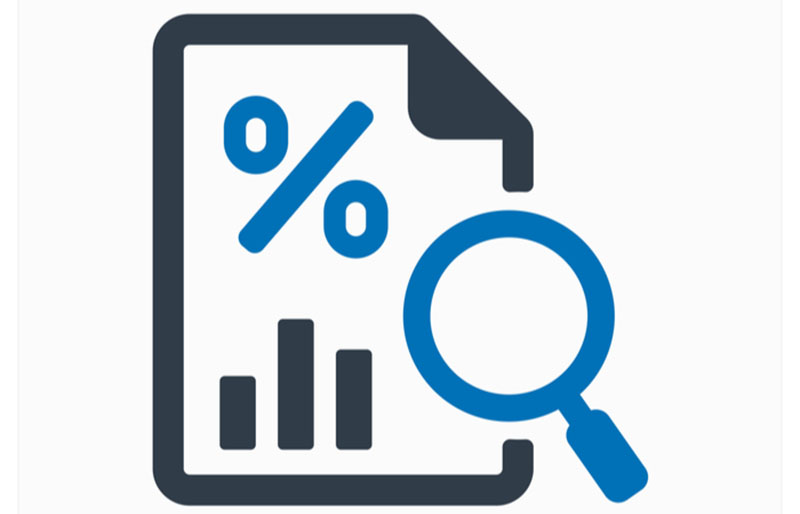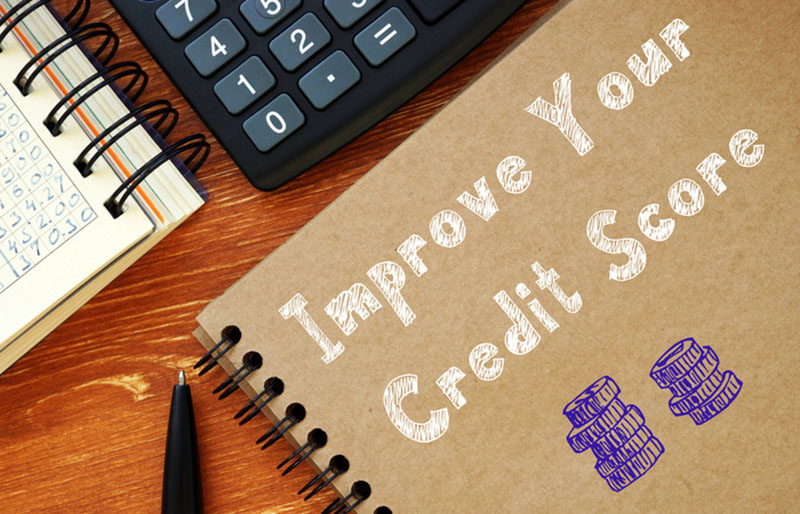Welcome to thepaydayking.com

How To Improve Your Bad Credit Score
Your credit score will tell lenders at a glance just how well you manage your finances. The higher your score, the better chance you have of being accepted for a loan. How can you improve your credit score if it’s less than ideal?
You may need a loan for any number of reasons, such as emergency health costs, home improvements, an auto loan, a vacation or to consolidate existing debts. As a general rule, if you have a good credit score you are more likely to be accepted for a loan with better interest rates.
Numerous things can affect your credit score, both positively and negatively. To a lender, your payment history speaks volumes about how you manage your personal finances. They can see this by using one of the three credit bureaus in the U.S. – Experian, Equifax, and TransUnion. These bureaus hold your credit reports and lenders look at these to ascertain your creditworthiness. You can check your credit score for free with Experian.

Lenders can see:
- If you pay your bills on time.
- How much debt you have and how much of it you are currently utilizing.
- How many applications have been made, what types of credit, and how many accounts you have open and running.
They can view, essentially, all of your credit history.
Why does this matter?
If you haven’t paid bills on time, or use most of your credit available to you, lenders will assume you cannot manage finances well. If you have made a lot of applications in a short space of time, lenders will assume you are desperate. Lenders will look at your credit utilization ratio too. Also known as Debt To Income (DTI) ratio, this shows how manageable your current debt is, and will also influence their decision. The higher your DTI, the more you will struggle to make repayments.
Calculating Your DTI
In order to get to your DTI ratio, add together any payments you owe. This would include your rent or mortgage, any loan repayments, credit card minimum repayments, and other regular monthly payments. Utilities, groceries, and taxes, etc are generally not included.
Next, divide that total by your gross monthly earnings. This will give you a total which is your income before taxes.
For example:
| RENT | $1,000 |
| CREDIT CARD MINIMUM PAYMENT | $40 |
| CHILD MAINTENANCE | $300 |
| LOAN REPAYMENT | $100 |
| TOTAL | $1,440 |
| – | |
| GROSS MONTHLY INCOME | $3,500 |
Once you have that figure, either move it 2 points to the left past the decimal point or multiply by 100, this will give you your DTI.
Eg – $1,440 divided by $3,500 = 0.411. Multiply this by 100 and you get a DTI ratio of 41.1%.
If your DTI is:
36% or less – you are in a good financial position and you are likely to be accepted for credit with a low APR.
43% or less – you may still be accepted by a lender but your APR will be higher. At this point, it may be time to consider paying off some of your debt to lower your DTI.
44% or more – lenders may assume you cannot handle the debt you have, at this level. You are less likely to be approved for credit. You may be struggling to make your minimum monthly repayments and paying off your debt in any way.
If you score over 50%, realistically, you could be looking at debt relief or bankruptcy to alleviate spiraling debts. Read this comprehensive guide from the FTC before making any decisions.

How can I improve my credit score?
Any method to build your bad credit will, unfortunately, take time and dedication, but the payoff, in the end, is huge!
- Lowering your DTI would help tremendously. The three most obvious ways would be to increase your salary, pay off some of your debt or do both!
- There are different types of credit, such as revolving credit (credit cards, etc) and installment credit (rent, mortgage, or a loan) and lenders like to see you manage these well too.
- Just one missed repayment can show on your credit report. Your payment history accounts for 35% of your credit score. If you are able to repay more than the minimum, do so, but always pay on time. One-off larger repayments won’t do much either – be consistent. Lessening your credit card debt helps to lower your DTI. This all counts towards raising your credit score.
- Avoid applying for multiple lines of credit over a short period of time. Lenders view this as desperate and it makes you look risky.
- Check your credit report regularly. If there are any anomalies, contact the credit bureau as soon as possible. Check your credit accounts and bank accounts regularly too, accidents can happen, such as a payment not going through that you have made, or a mistake on your credit report.
- Your FICO score is also important. It helps lenders make quicker decisions and you can influence the score fairly by managing your debts well. Keeping this as high as possible puts you in a favorable position for being accepted for credit.
Categories are rated in percentage from most important (your payment history) to lesser important (any new credit). A ’good’ score is 670 – 739 and as that gets higher it is unlikely you would be declined by lenders.
Improving your credit score is essential but takes time and there are some emergencies that require a quick loan. If you have a bad credit score and need some financial help fast there are some direct lenders and payday loan organizations that would consider your particular circumstances. Visit our website to find out and learn more about PaydayKing loans.
You can also check your social media score on this fantastic tool Notty. Intrigued? Your Social Media Score can be as important as your credit score, with decisions being made about you based on what you post on Social Media. Notty provides you a profile overview collectively from the social media you use, and gives you scores on your personality. How is that not cool?!
